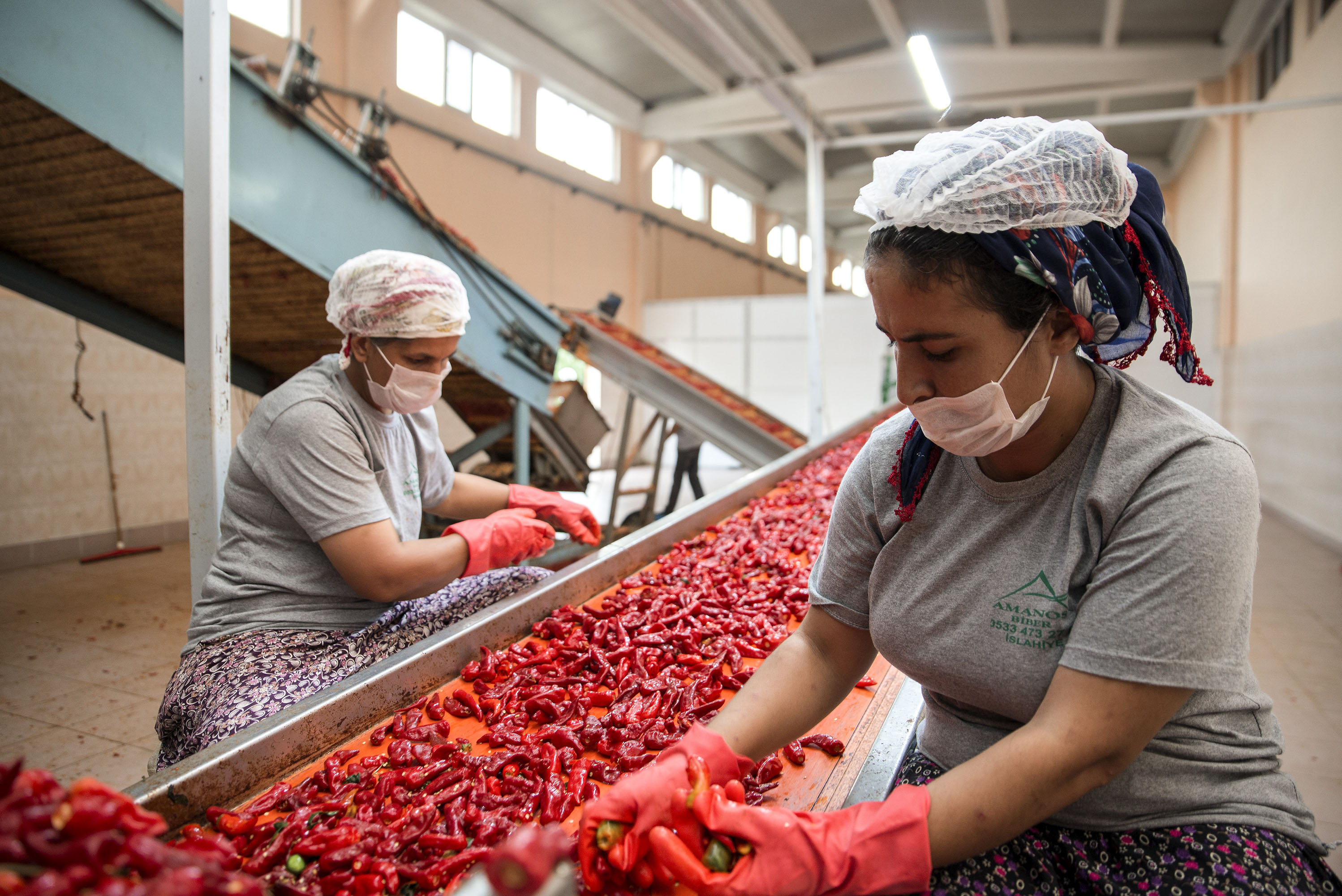
©FAO/Carly Learson
By Hilal Elver
A report released on 27 March (“Planet Tracker: A Financial Markets Roadmap for Transforming the Global Food System”) reveals that from the total global food system supply chain, workers capture only 6 percent of all generated income. Meanwhile, food retailers capture nearly one-half of the total (47%), with traders (13%) and distributors (34%) capturing the remainder. It is therefore not a wonder that the very workers who provide much of our food, particularly from the developing South, are the most food insecure and malnourished.
While the international community is concentrated on “food systems transformation”, it is imperative to promote solutions that ensure the finance and food sectors no longer get a free ride on the backs of the world’s farmers and the poor.
The issue of inequality, as it affects food security and nutrition, is analysed by the UN’s High Level Panel of Experts on Food Security and Nutrition (HLPE-FSN) of the Committee on World Food Security (CFS) in its upcoming report, which will form the basis of a multilateral negotiation process by CFS members and participants to devise policy recommendations on the subject.
This multilateral platform on food security and nutrition – the only such UN body that includes governments, UN agencies, researchers, the World Bank, the private sector, and civil society all under one tent – needs to be reinforced with capable leadership, adequate funding, and political support from Members and the UN itself.
For policymakers engaged in the global financial sector, below are some policy proposals for redressing the debilitating affecting our food systems:
With a recognition that policymakers need to treat the root causes and not the symptoms, we can start to address the continuing disparities, and implementing a human-rights-based approach to food security policies is one of the most effective ways of doing it.
Concrete efforts to end and avoid armed conflicts, as well as constructive policy action on climate, water, soil health, hunger and malnutrition, at global, regional, national and local levels — using both policy incentives and sticks — are essential not tomorrow, nor after 2030, but right now. Read more in the Sciences Po blog contribution “Time to stop our global financial and food systems from impoverishing the world’s smallholder food producers” which I co-authored with Chris Hegadorn, adjunct professor of Food Politics at Sciences Po University in Paris, and former Secretary of the Committee on World Food Security.
Hilal Elver is Research Professor at University of California Santa Barbara, former UN Special Rapporteur on the Right to Food and current member of the High-Level Panel of Experts on Food Security and Nutrition (HLPE-FSN) of the CFS.
The views and opinions expressed are those of the author and do not necessarily reflect those of CFS nor its HLPE-FSN.